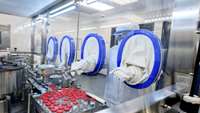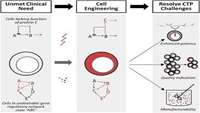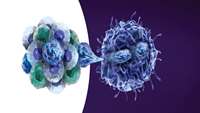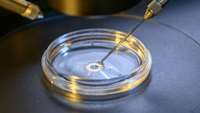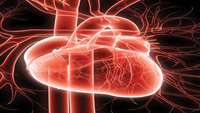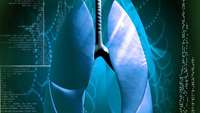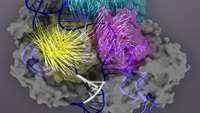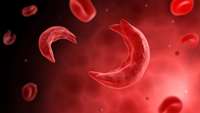Overcoming Challenges Facing Advanced Therapies in the EU Market
Recent developments in therapeutic technologies have enabled a much-needed shift from classical “one size fits all” protocols to personalized medicine strategies.
Achieving Efficient Manufacturing and Quality Assurance through Synthetic Cell Therapy Design
New methods to manipulate gene and cell state can be used to engineer cell functionality, simplify quality assessment, and enhance manufacturability. These strategies could help overcome unresolved cell therapy manufacturing challenges and complement frameworks to design quality into these complex cellular systems, ultimately increasing patient access to living therapeutics.
Achieving Efficient Manufacturing and Quality Assurance through Synthetic Cell Therapy Design
New methods to manipulate gene and cell state can be used to engineer cell functionality, simplify quality assessment, and enhance manufacturability. These strategies could help overcome unresolved cell therapy manufacturing challenges and complement frameworks to design quality into these complex cellular systems, ultimately increasing patient access to living therapeutics.
Plant substance shows inhibitory effects on cancer stem cells
The plant Ambrosia arborescens grows at a high elevation in large parts of South America, and is traditionally used as a medicinal plant. The researchers have isolated the sesquiterpene lactone damsin from the plant and studied its effect on cancer stem cells in three different breast cancer cell lines.
DNA surgery on embryos removes disease
The team at Sun Yat-sen University used a technique called base editing to correct a single error out of the three billion "letters" of our genetic code.
Beta Cell Replacement in Mice Using Human Type 1 Diabetes Nuclear Transfer Embryonic Stem Cells
Beta cells derived from stem cells hold great promise for cell replacement therapy for diabetes. Here we examine the ability of nuclear transfer embryonic stem cells (NT-ES) derived from a type 1 diabetes patient to differentiate into beta cells, and provide a source of autologous islets for cell replacement
Regenerative cardiac drug receives federal funding
Novo Biosciences Inc., a spinoff of the MDI Biological Laboratory (both ME, USA), has announced that it has received a 2 year, US$1.5 million Small Business Innovation Research (SBIR) grant from the National Institutes of Health (NIH) for the development of MSI-1436 as a potential regenerative medicine therapy for the treatment of patients who have suffered an acute heart attack.
Columbia Engineers and Clinicians First to Build a Functional Vascularized Lung Scaffold
End-stage lung disease is the third leading cause of death worldwide, accounting for 400,000 deaths per year in the United States alone.
Discovery helps improve accuracy of CRISPR-Cas9 gene editing
Scientists at the University of California, Berkeley and Massachusetts General Hospital have identified a key region within the Cas9 protein that governs how accurately CRISPR-Cas9 homes in on a target DNA sequence, and have tweaked it to produce a hyper-accurate gene editor with the lowest level of off-target cutting to date.
Sickle-Cell Patients See Hope in CRISPR
Nazaire, a 43-year-old Haitian-American, figures he’s been hospitalized more than 300 times since he was a child. He and other sickle-cell patients will tell you that the worst part of the disease is the debilitating pain. “It’s a horrifying thing to have, because it’s extremely painful. It’s a major fight all the time,” he says.


